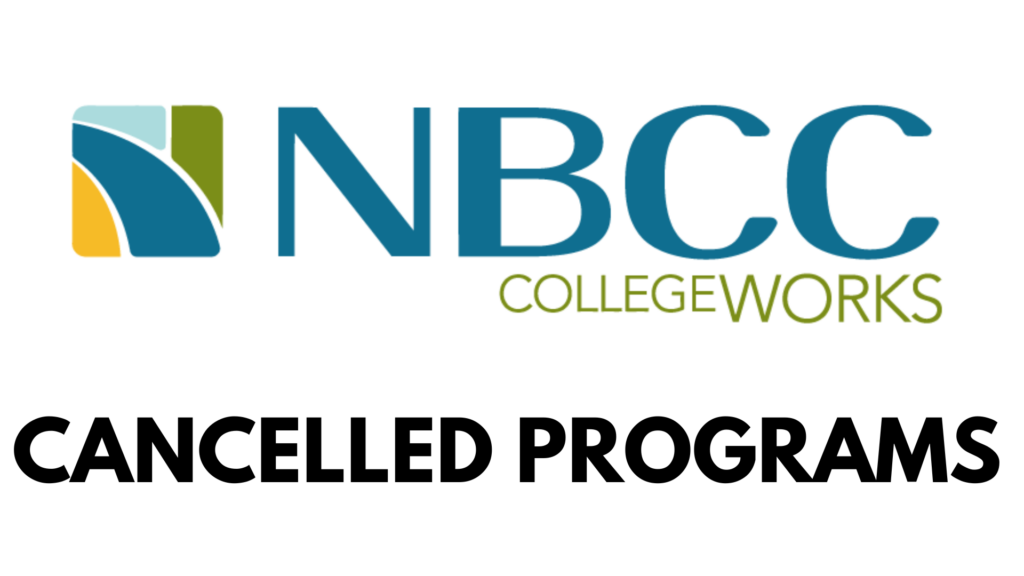Applying for a study permit to Canada as an international student from Nigeria is a very lengthy and expensive process. The costs usually include visa application fees, medical screening fees, biometric registration fees, a first year tuition deposit, an accommodation deposit, language test fees, among others.
Then you wait with bated breath for about three months for a decision, hoping you haven’t just thrown your time and money down the drain.
Your application gets approved, thankfully, and you get your non-refundable plane tickets, sever any job ties, end lease agreements, sell larger belongings, pack up your life, and get ready to live in a foreign country for the next two to five years.
What then happens when the college admission all this hinged upon is taken away?
That is exactly what happened to the hundreds of international students — over 40 of whom are from Nigeria — who had planned to start their studies at New Brunswick Community College (NBCC) in January 2024.
On November 20, 2023, NBCC informed the applicants that it was cancelling 8 programs due to enrollment pressures and resource constraints. NBCC offered two alternatives: a full refund of tuition fees or the option to defer their studies to the Fall 2024 semester. However, for students who had already uprooted their lives, sold possessions, and for some, even arrived in Canada, these options provided little solace.
The situation is exacerbated by the fact that in Canada, an international student can’t just change the school or program of study they have been accepted into after getting their study permit. They would need to apply to a new school; paying the application fees, and then upon getting accepted, start their permit application from scratch.
Compounding the issue, NBCC announced that it would no longer be accepting students from Nigeria and Ghana, displaying a notice on their website explaining that the institution had reached its strategic enrollment target for these countries. This unfortunate decision further dashes the hopes of aspiring students who had dreams of pursuing education in Canada.
The affected students now face an uncertain future, caught in bureaucratic red tape and grappling with the emotional toll of shattered plans. The dreams they had diligently worked towards now seem unattainable, raising questions about the transparency and accountability of institutions entrusted with the educational journeys of international students.
While NBCC has refused to make public the eight programs that have been cancelled, according to some sources, the cancelled programs include administrative professional, electrical and electronics engineering technician, and client service and sales. These are popular programs that attract many international students who seek to acquire skills and qualifications that are in demand in the Canadian labour market.
The cancellation of these programs also comes at a time when the Canadian government has announced that international students have to provide a higher amount in proof of funds when applying for a study permit. Starting from January 1, 2024, the minimum amount required for a single student is $20,635 CAD, over doubling the $10,000 CAD required in 2023. This means that students who had already secured their visas under the previous requirement would have to show additional funds or risk being denied entry.
These developments have eroded the trust and confidence of many international students who had chosen Canada as a place to further their education. Canada has long been regarded as a welcoming and diverse country that values multiculturalism and offers quality education and opportunities for immigrants.
However, the recent actions of NBCC and the government have cast doubt on this reputation and raised concerns about the fairness and consistency of the policies and practices that affect international students. Many students are now reconsidering their plans and looking for alternative destinations that can offer them a better and more secure future.




